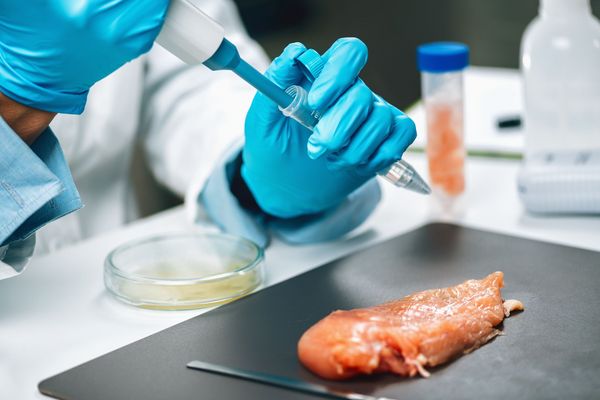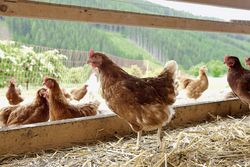In this research area, we are investigating the cost and benefit effects of interventions to increase the food safety of animal products along the food chain. The focus is on infectious diseases that are transmissible between animals and humans, so-called zoonoses. Not least due to the coronavirus, these have gained in importance worldwide in recent years. The reasons given for this include increasing human mobility, growing global trade and the destruction of wild animal habitats. In addition to damage to health, zoonoses can also have a significant economic implication.
The initial focus of our analyses is on bacterial pathogens, such as Campylobacter, in poultry meat. Here we work closely with the Max Rubner-Institute (MRI) for Meat Safety and Quality. We are investigating the costs of preventive interventions on farms and slaughterhouses that can reduce the risk of foodborne illness. Examples include increased hygiene measures, earlier slaughter, and not using pre-catch or splitting methods for fattening. At the abattoir level, chemical decontamination, freezing of carcasses or UV irradiation can result in a reduction of Campylobacter bacteria.





![[Translate to English:] Logo des Bundesministerium für Ernährung und Landwirtschaft](/media/allgemein/logos/BMEL_Logo.svg)